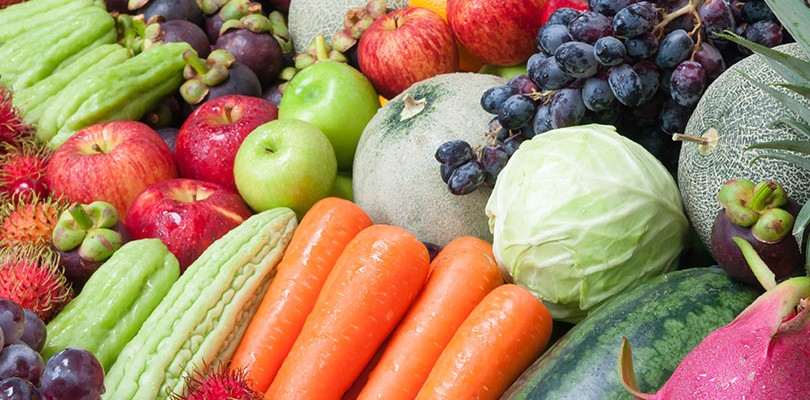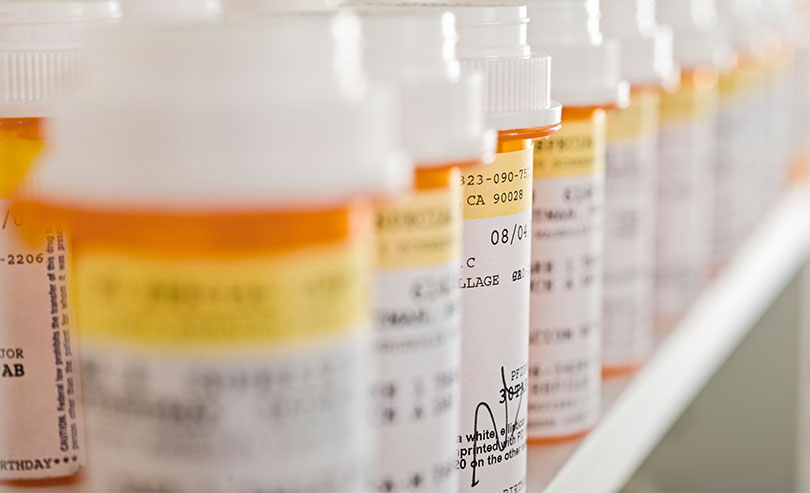
Photo Credit: peangdao / istockphoto.com
4. Nutrition
IBS is associated with problems digesting foods, especially some forms of sugar. It has been also linked with various food sensitivities and improper absorption of the nutrients from foods. A dietician can help provide an individualized plan to better manage IBS symptoms.
Generally speaking, a healthy diet will include fresh fruits and vegetables, whole grains, lean meats and fish, healthy oils, nuts and seeds. Processed foods should be avoided, and so should alcohol, coffee, and carbonated and sugary beverages.
A low FODMAP diet has shown benefits for improving IBS symptoms. Based on this diet, foods that are high in short chain carbohydrates collectively known as FODMAPs (Fermentable Oligo-saccharides, Di-saccharides, Mono-saccharides And Polyols) should be temporary eliminated from the diet. Examples of high FODMAPs include fruits like apples, pears and watermelon, vegetables like asparagus, beans, wheat and other grains, most dairy products and various sugars found in abundance in processed foods.
Read more about treatments for IBS over at NewLifeOutlook.
Resources
Drugs.com (Hyoscyamine)Drugs.com (Dicyclomine)Drugs.com (Amitriptyline)Drugs.com (Simethicone)Herbs for IBS are a useful part of a treatment plan to help relieve symptoms.







